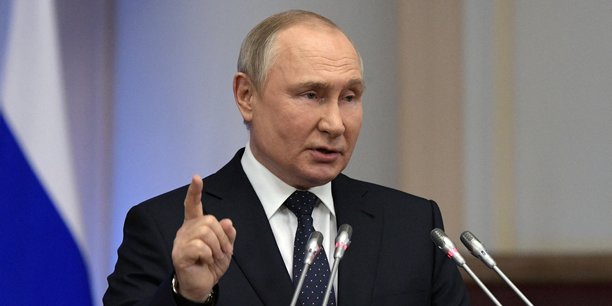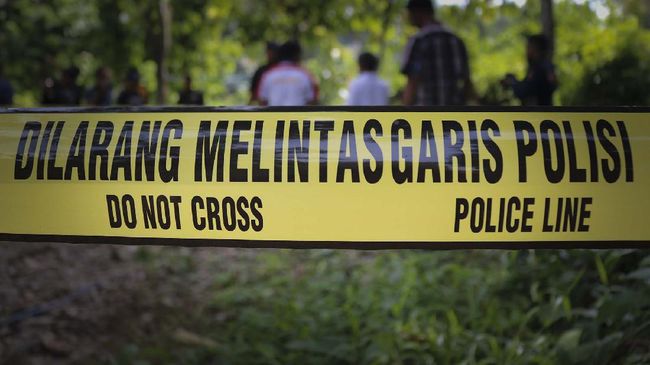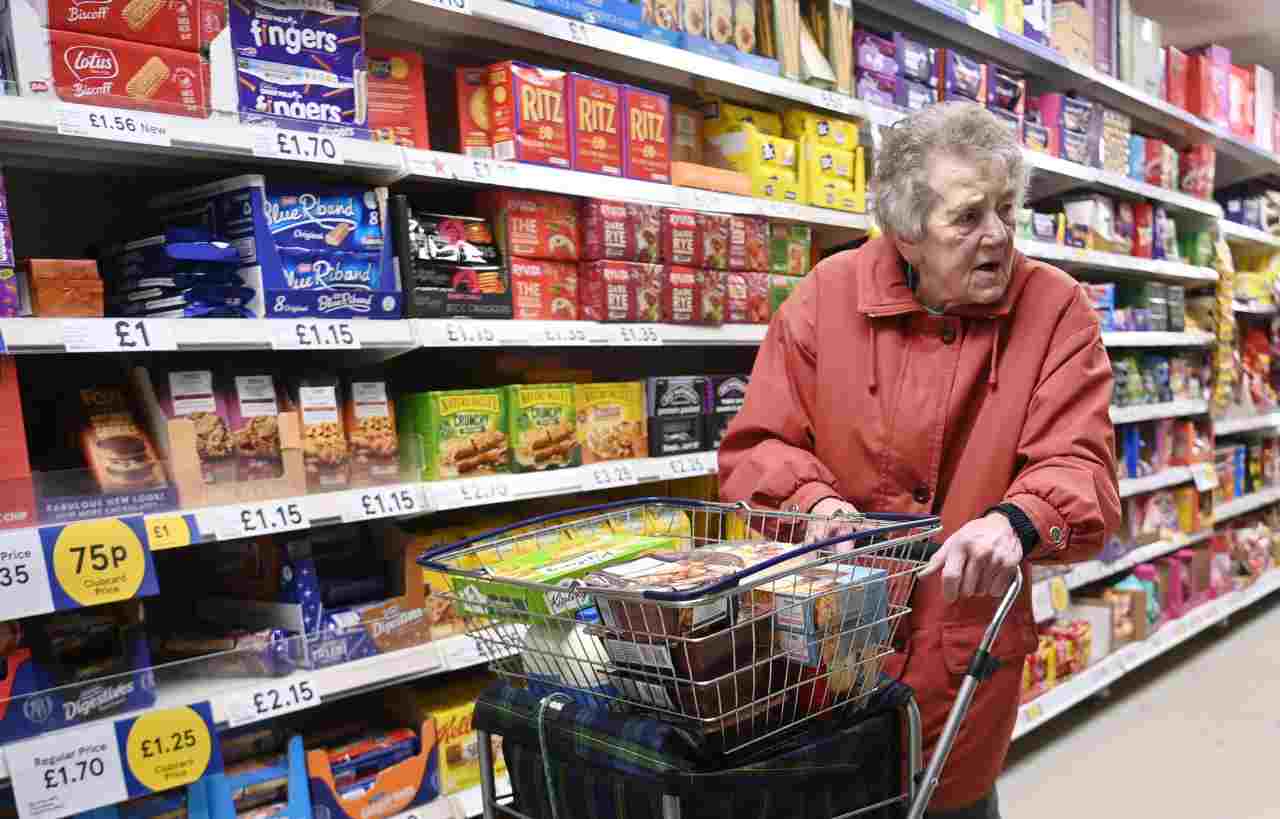While Russia denied a few months ago preparing the invasion of Ukraine, new elements support the opposite. Kremlin adviser Maxim Oreshkin said, according to Russian agencies, that President Vladimir Putin had prepared the country for the consequences of a global food crisis from the end of 2021. That is several weeks before the offensive against Ukraine launched on February 24, 2022 and as fears of conflict were already pushing global food prices higher.
“Vladimir Vladimirovich (Putin) understood that these (food) issues could affect Russia. Thus, we began at the end of last year to actively prepare Russia for world hunger,” said Maxim Oreshkin at a youth forum in Moscow on Thursday, May 19.
At the time, Russia was already facing food price inflation and had introduced export restrictions or taxes on grain, oils and fertilizers. “It allows us to be sure of ourselves” today, according to Maxim Oreshkin.
Russia blames the West
According to Moscow, it is in no way the entry of its army into Ukraine that is causing a food crisis, but the Western sanctions decided in retaliation. For the Kremlin adviser, “the main cause of world hunger that will take place this year is the reckless economic measures of the United States, the EU”, references to the sanctions that hit Russia, undermining its export capacities.
Deliveries of wheat and other foodstuffs from Russia and Ukraine, two major exporters of wheat, maize, rapeseed and sunflower oil, have been interrupted since the start of the war. As a result, food prices and fuel prices have soared, especially in emerging countries.
At the end of April, the International Monetary Fund (IMF) estimated that the war in Ukraine was clouding the prospects for the poorest economies in the Middle East and warned of the “risks of social unrest” in Africa due to soaring food prices.
The rise in wheat prices is “particularly worrying” according to the IMF, because sub-Saharan Africa imports 85% of its consumption of this cereal, with particularly high amounts in Tanzania, Côte d’Ivoire, Senegal, and Mozambique.
Free Ukrainian and Russian exports
UN Secretary General Antonio Guterres also said on Wednesday that he was seeking to bring Russian and Ukrainian agricultural production back to world markets to help put an end to the crisis suffered by emerging countries. “I am determined to consider everything to facilitate the dialogue that can help achieve these goals,” he specified.
“Russia must allow the safe and secure export of grain stored in Ukrainian ports”, he urged at a ministerial meeting hosted in New York by the United States. “Alternative transport routes” the maritime exit of these cereals, in particular filling silos in Odessa, “can be explored – although we know it won’t be enough to solve the problem”, he added.
Along with unblocking Ukrainian exports, UN chief pleads for “unrestricted access” Russian food and fertilizers to world markets. These fertilizers have not been hit by Western sanctions against Moscow after the February 24 invasion of Ukraine, but Russia has decided to stop their export. Their purchase by foreign countries may also be blocked by the measures taken against the Russian financial system, according to diplomats.
–


